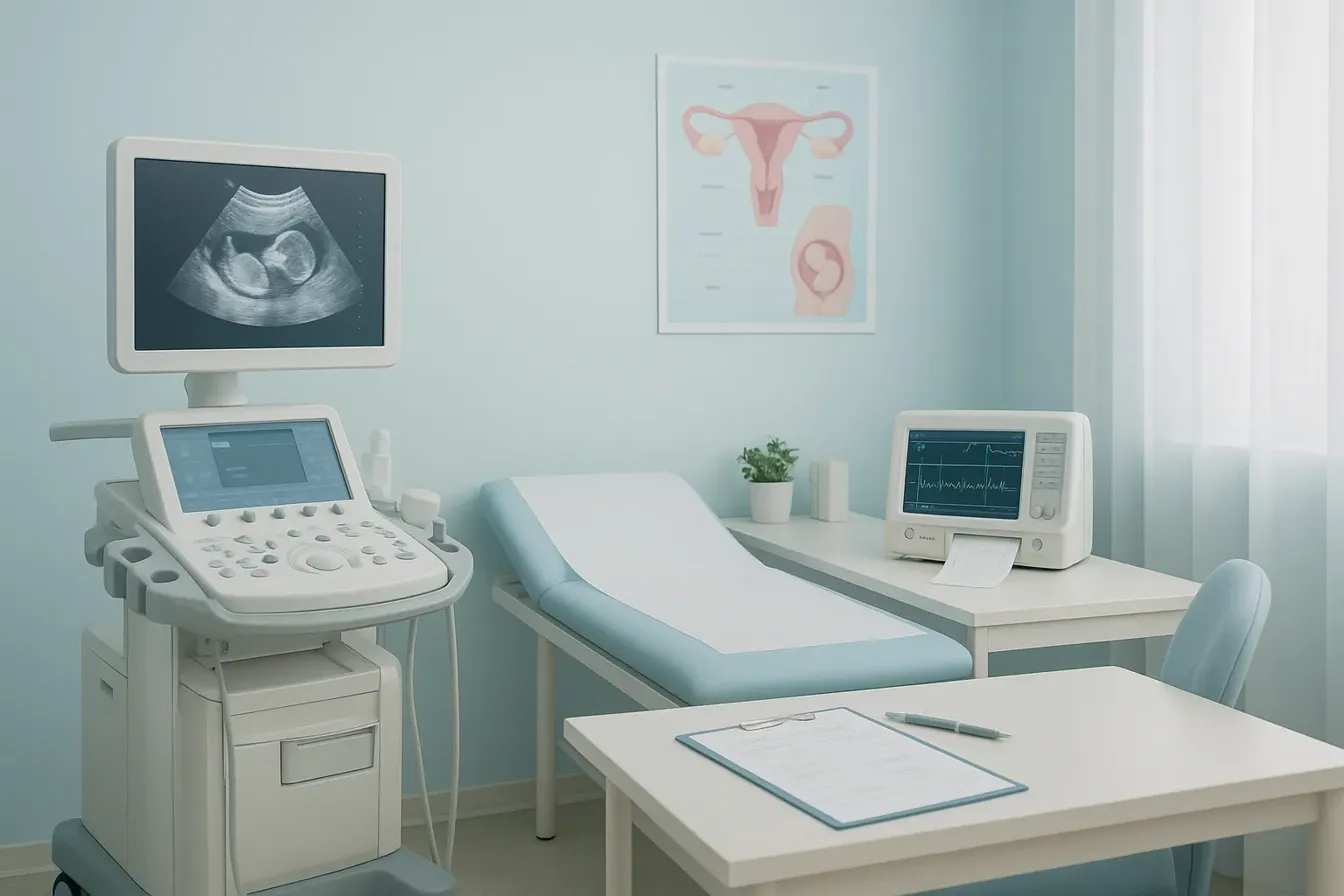Navigating VBAC: Key Insights for Expectant Mothers After Cesarean

Working with a midwife offers many benefits for women before, during, and after a pregnancy. The midwife services available at Raveco Medical ensure you have all of the support you need through each stage of pregnancy and after childbirth, so you and your baby can thrive.
Our highly skilled obstetrics team works closely with our midwives to create your prenatal care plan, monitor your baby’s development, and prepare for your labor and delivery. This collaborative approach optimizes your overall pregnancy care and your childbirth experience.
What to know about midwives
A midwife is a medical professional that provides a variety of health care services for women in all stages of life. They’re qualified to perform routine gynecological exams and recommend birth control methods to prevent unintended pregnancies.
A midwife also serves as your partner throughout your pregnancy and provides expert care during your labor and delivery. They can also coordinate additional medical care for women with high-risk pregnancies to prevent preterm labor and other complications.
Additionally, midwives have a wealth of experience in many aspects of a woman’s health and can provide personalized recommendations for:
- Family planning
- Infertility
- Nutrition
- Exercise
- Breastfeeding
- Newborn care
You can also work with a midwife in the later stages of life if you need help managing the challenges of menopause.
5 unique benefits of working with a midwife
Pregnancy and childbirth can be both an exciting and stressful time for women, even if you’ve been through it before. Working with a midwife can relieve many of the stressors and fears you have and even enhance your overall experience.
Here are five unique advantages of working with a midwife:
1. Focuses on all aspects of you
Pregnant women experience a lot of physical and emotional changes in a relatively short period of time. A midwife remains on the front lines of your experience to ensure you have the support you need to navigate these changes in a healthy way.
Your midwife carefully supervises your overall health and wellness. They’re available to address any concerns or questions you have, provide a shoulder to cry on, and serve as your cheerleader when you need some extra encouragement.
2. Values a natural approach
Working with a midwife can provide a more holistic pregnancy experience. While your midwife does collaborate with our experienced physicians on your care plan, they take an individualized approach to monitoring your health and providing ongoing prenatal care.
A midwife focuses on your day-to-day needs, so visits feel less clinical and more personal. Your midwife can also recommend ways to prevent the need for labor induction for a more natural childbirth experience.
3. Reduces risk for perineum tears
Childbirth can cause perineum tears, the tissue between the vulva and anus. Some births may also require an episiotomy, the surgical cutting of the perineum.
Midwives use massage and other techniques to reduce your risk for perineum trauma. They can also coach you during childbirth to use different breathing techniques or pushing strategies to prevent tissue tears.
4. Lowers infant mortality rate
The continuity of prenatal care midwives prevents preterm birth complications that contribute to infant mortality. Your midwife can also work with you after childbirth to ensure you have the resources you need to properly care for your baby.
5. Provides transitional support
Both new and experienced moms can benefit from the transitional care midwives provide following delivery. Your midwife can help you build confidence in all aspects of newborn care, including feeding, bathing, and soothing.
They also recommend self-care strategies to help you overcome challenges like sleep deprivation, breastfeeding issues, and postpartum depression.
Call the Raveco Medical office in Woodside or Forest Hills, New York, to schedule a midwife consultation or book an appointment online today.





.png)